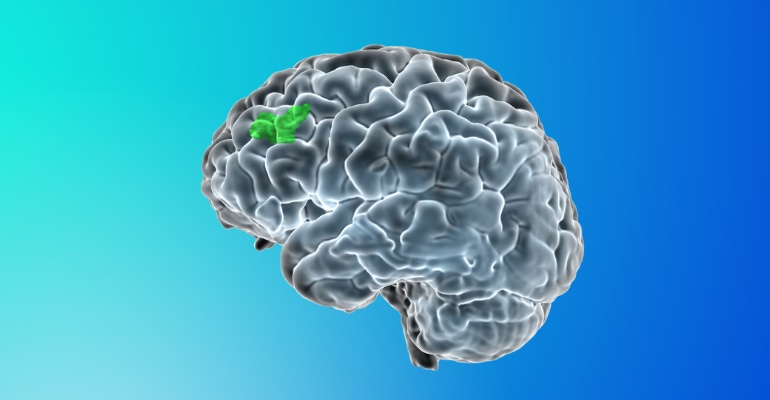Magnus Medical Starts Treatment in Neuromodulation System Study for Major Depression
The study will evaluate the effectiveness of the system to treat Major Depressive Disorder for those ineffectively treated by prior antidepressant medications.

Magnus Medical, a developer of brain stimulation technology to treat neuropsychiatric disorders, has treated its first participants in its Open Label Optimization (OLO) clinical trial evaluating the effectiveness of its Neuromodulation System with Saint Technology for the treatment of Major Depressive Disorder (MDD).
The Magnus Neuromodulation System with Saint Technology uses “structural and functional magnetic resonance imaging (MRI) to inform a proprietary algorithm that identifies the optimal anatomic brain target for focused neurostimulation in people with MDD,” according to the company. The system, which is non-invasive, uses personalized targeting stimulation to regions in the brain to treat MDD.
The study targets patients with MDD who are ineffectively treated by prior antidepressant medications. Taking place at up to nine clinics around the United States, the study is enrolling up to 1,000 adults who will be treated on an accelerated timeline of 10 sessions a day — 10-minute treatments of Saint therapy with 50-minute breaks for five consecutive days.
“The OLO trial is the first time the SAINT Neuromodulation System will be studied at multiple sites, allowing a large sample size of adults suffering from clinical depression to access the rapid-acting, personalized treatment for their treatment-resistant major depression,” said Brandon Bentzley, MD, PhD, co-founder, and chief scientific officer of Magnus.
The trial expands on the findings from a previous randomized, controlled trial with promising results — 79% of participants experienced relief from their severe depression after receiving Saint treatment.
“Saint therapy is the beginning of a revolution in psychiatry: fast, effective, and personalized treatments that give hope to patients who have failed to receive relief from traditional approaches,” said David Carreon, MD, a primary investigator and the first to enroll in the OLO study at Acacia Mental Health in Sunnyvale, CA. “It could profoundly change the way we care for those with treatment-resistant depression and be a model for addressing other conditions as well. Our clinic specializes in caring for the hardest and most hopeless, depressed patients by providing the best treatments available. We have started to enroll participants and are eager to find out whether the overwhelmingly positive results seen at the initial trials at Stanford will translate to our own patients.”
Magnus said it expects clinical trial results in 2027.
About the Author(s)
You May Also Like



.png?width=300&auto=webp&quality=80&disable=upscale)
